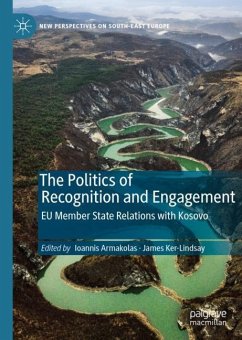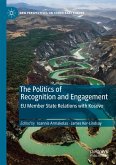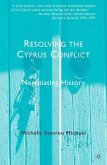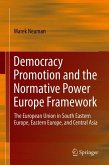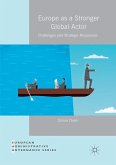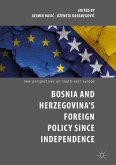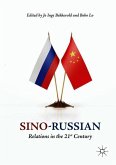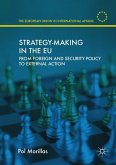This edited volume explores the different ways in which members of the European Union have interacted with Kosovo since it declared independence in 2008. While there is a tendency to think of EU states in terms of two distinct groups - those that have recognised Kosovo and those that have not - the picture is more complex. Taking into account also the quality and scope of their engagement with Kosovo, there are four broad categories of member states that can be distinguished: the strong and weak recognisers and the soft and hard non-recognisers. In addition to casting valuable light on the relations between various EU members and Kosovo, this book also makes an important contribution to the way in which the concepts of recognition and engagement, and their relationship to each other, are understood in academic circles and by policy makers.
"This study is ... a valuable handbook which explains in detail the individual paths of nine EU-member states in deciding whether or not to recognize Kosovo as well as in their relative engagement or non-engagement with independent Kosovo." (Jolyon Naegele, Mezinárodní vztahy / Czech Journal of International Relations, Vol. 54 (4), 2019)

